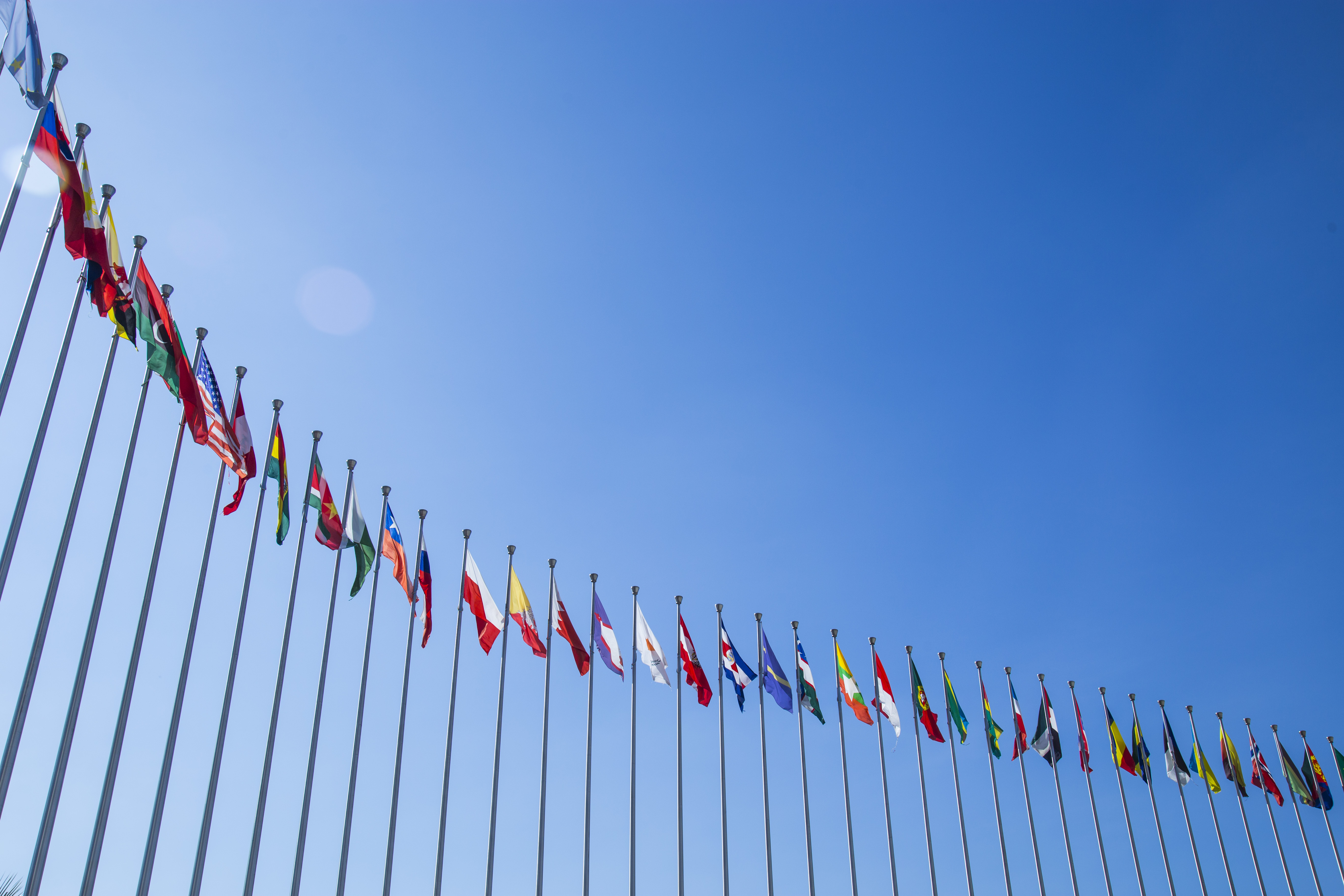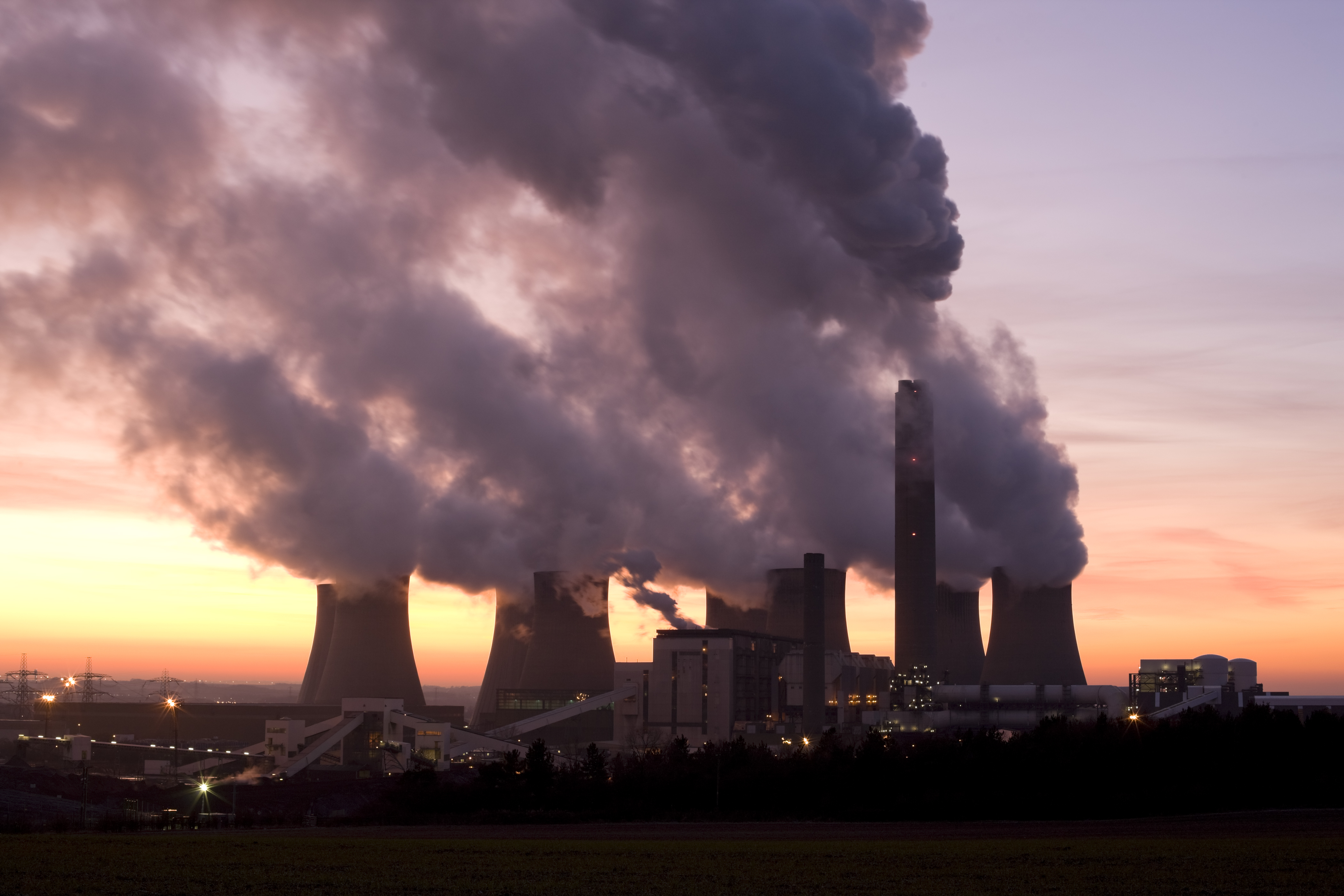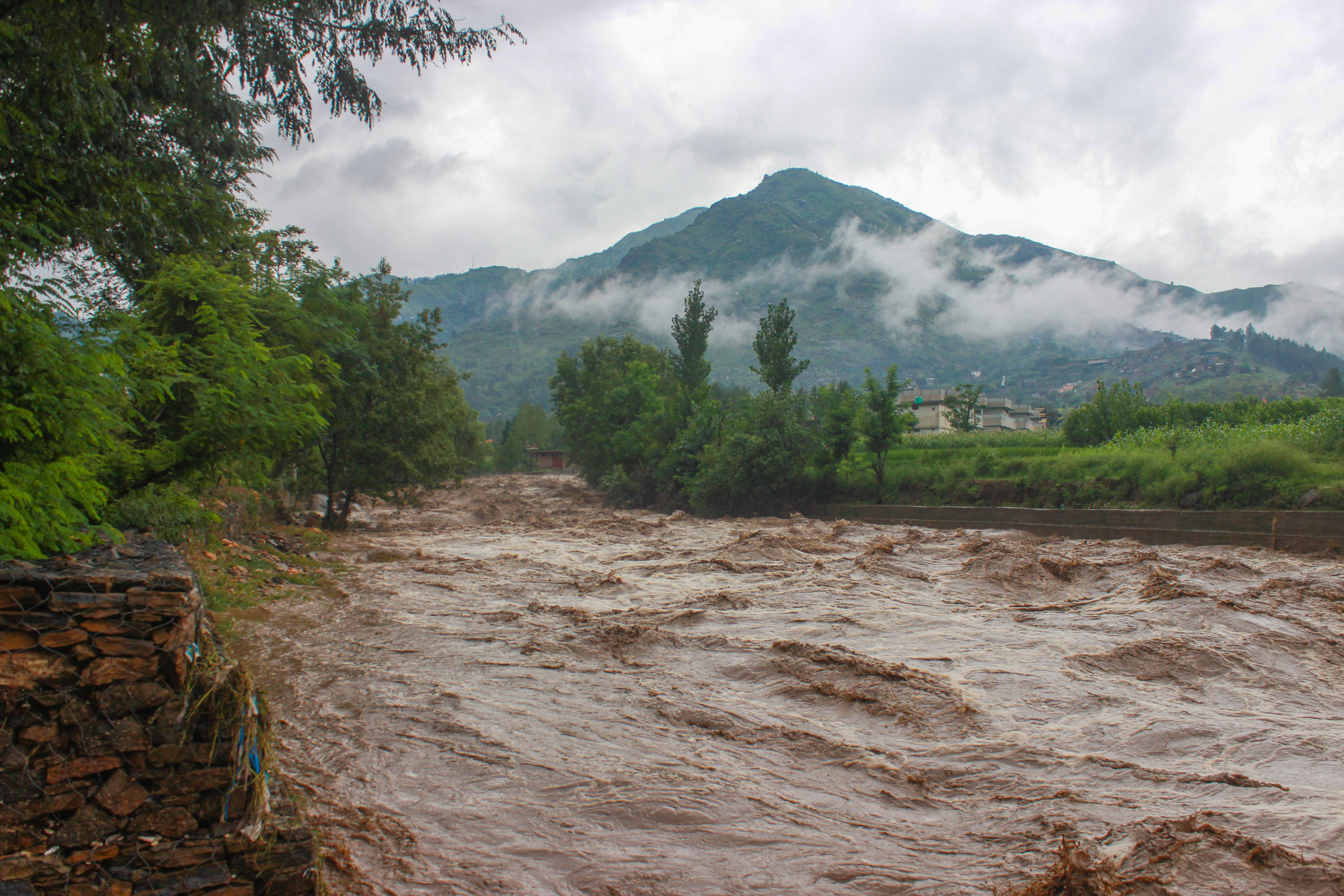The Highlights of COP27
Monday 5th December 2022

2022 has been a year in which the effects of climate change have made themselves felt in a big way, from excessive heatwaves across Europe to disastrous floods in Pakistan.
With that in mind, this year’s COP27 meeting, held in Egypt between 6 November and 20 November was more important than ever.
190 countries were represented in Egypt where many issues were addressed, but are we any closer to resolving the problem?

COP26
The United Nations Climate Change Conferences have been running since 1995, when the first, COP1, was held in Berlin. (‘COP’ stands for ‘Conference of the Parties,’ a term used by the United Nations for its highest-level meetings.) As damages caused by a changing climate have moved from prediction to reality, so they have become more important.
Last year’s COP26 was, as you may remember, held in Glasgow. The UK Government summarised their priorities as ‘cash, coal, cars and trees’:
Cash – finding more money to mitigate the damage caused by climate change.
Coal – reducing or even eliminating the use of the dirtiest, most polluting fuel.
Cars – promoting Zero-Emission Vehicles (ZEVs), phasing out the Internal Combustion Engine (ICE).
Trees – Reversing deforestation
The final declaration was a compromise; China and India insisted the use of ‘phasing out’ of coal be replaced by ‘phased down’.
Still, real progress was made; most importantly, a global agreement to strengthen climate policies so that, it is hoped, temperatures don’t rise more than 1.5°C this century.
More practically, 24 countries, 39 regional authorities and six major vehicle companies signed a declaration committing to ending the sales of ICE vehicles by 2040. The declaration is non-binding, though it is one of the strongest signals yet on the road to moving away from ICE vehicles. More have signed up since, most recently France and Spain, bringing the total number of signatories (at the time of writing) to 214.

The road to COP27
Not every promise made at COP26 has been met, even by the UK government that hosted and chaired the event, but there have been positives in the months since. For example it’s been a record year for registrations of electric vehicles (EVs) worldwide, some 13.2% of total car sales in fact, and demand keeps rising.
However, there’s been one significant development that’s knocked everything off course: the Russian invasion of Ukraine has led to an energy crisis across Europe. This, in turn, has led to France and Germany reopening coal-fired power stations. It remains to be seen how long this will last, and how it will affect emission targets.
Moreover, the United Nations Environment Agency released a sobering report during the run-up to COP27. It warned there was ‘no credible pathway’ to avoid temperature rises of over 1.5°C this century. Going into the conference, many campaigners said their main aim was to ‘keep 1.5 alive’; in other words, avoiding the pressure to relax targets.
Alok Sharma MP president of COP26 warned delegates at COP27: ‘We’ve got to fight for this, and every fraction of a degree absolutely makes a difference. It’s the difference… between a tolerable existence and an impossible future.”

The themes of COP27
One theme above all dominated COP27: the demand that those nations (whether historically or currently) who have made the greatest use of fossil fuels, through heavy industry and intensive transport, give money to the emerging markets and developing countries that are most vulnerable to the effects of climate change.
There were warnings of massive upheavals as countries became uninhabitable due the effects of climate change. Mia Motley, prime minister of Barbados, warned that there could be up to a billion ‘climate refugees’ if more action wasn’t taken.
It’s an issue that gained urgency with the catastrophic flooding in Pakistan, which was believed to have been exacerbated by climate change. A group of nations – known as the V20, established in 2015 (‘the vulnerable twenty’, although there are now 58 member states, all of whom are at risk) – lobbied hard for a new impact fund to help ameliorate the impact.

Transport
Unlike COP26, there was no dedicated day to address transport matters. This is, perhaps, surprising given the significant role the sector plays in contributing to both the challenge and the solution. In the end, it was included as part of a wider ‘solutions’ day.
That said, new schemes were launched, most notably the host nation’s LOTUS initiative: that’s Low Carbon Transport for Urban Sustainability (the ‘O’ comes from ‘CO2’). While the ZEV policy launched at Glasgow emphasised personal transport, with electric cars at the forefront, LOTUS is aimed at the developing world. Rather than stressing EVs, the emphasis is on public transport and the promotion of other forms of travel, including cycling and even walking, as ways to help decarbonise cities.
And building on the success of the ZEV declaration at COP26, COP27 saw the launch of the Accelerate to Zero coalition (A2Z) to promote and support the switch to alternatively fuelled vehicles. Led by the UK government, it purports to be the world’s largest transport coalition, backed by over 200 governments (national and regional) and companies, and will help coordinate efforts to transition away from ICEs.
In partnership with the US, the UK government was also involved with launching the Zero Emission Vehicles Emerging Market Initiative (ZEV-EM-I), an ambitious 12-month campaign to help establish ZEVs in developing countries, promoting links between governments and major companies to accelerate investment in clean vehicle technology in emerging markets.

The final reckoning
The most important thing to stress about COP27 is that it ended in an agreement, a final text that all participants could sign up to, even if they weren’t completely satisfied. This has not always been the case for every COP meeting, and does, at least, represent something that can be taken forward and built on.
The most significant part of the declaration is the pioneering global ‘Loss and Damage’ fund to help mitigate the costs of climate change for nations classed as ‘developing’, with monies pledged by wealthier countries.
And, despite the warnings before the conference, 1.5°C was again affirmed as a target, despite some countries seeking to ‘row back’ on the declaration.
But there was still considerable ‘horse trading’. The Indian government proposed that the declaration on high-carbon fuels be extended to all fossil fuels, especially oil. However, certain countries whose economies are buoyed by dependence on oil intervened, leading to the declaration speaking of coal alone.


